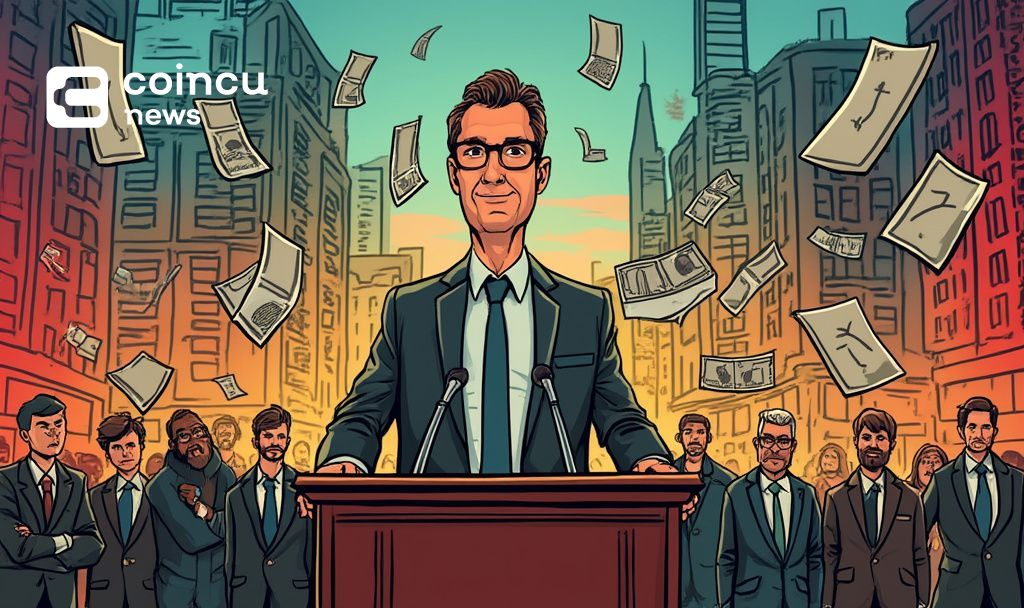- Christopher Waller’s speech discusses tariff effects on the economy.
- High tariffs may temporarily lift inflation near 5%.
- Uncertainty around trade policy affects economic growth and employment.

Christopher Waller, a Federal Reserve Board Governor, addressed the effects of increased tariffs during a speech on April 14, 2025. The speech highlighted potential economic impacts of recent tariff hikes implemented earlier in April.
His comments underscore significant concerns about the future of U.S. trade policy and economic health. Experts closely scrutinize these developments for potential risks to economic stability.
Tariff Hikes Pose Inflation and Job Risks
Recent tariff increases have raised concerns regarding economic implications for the U.S. As Christopher Waller emphasized, uncertainty about trade policy creates risks of elevated inflation and disrupted economic growth. Waller warned that sustained high tariffs could temporarily lift inflation to near 5%, slow economic growth, and raise unemployment to near 5%. Experiences from 2018-2019 showed that similar scenarios impacted global trade relations profoundly.
Immediate reactions from various sectors have been critical. Economists are considering Waller’s observations on inflation trends as a predictor of future policy effects. Reduced tariffs are anticipated as negotiations with China progress, yet uncertainty persists.
Historical Trends: Tariffs and Trade Dynamics
The last time U.S. tariffs were adjusted significantly was during 2018-2019, impacting global trade relations profoundly and causing economic ripple effects worldwide.
Historical data indicates past tariff adjustments have invariably led to shifts in trade relations. Financial analysts predict sustained high tariffs may lead to slower economic growth. Economic trends during tariff escalations often show increased costs impacting consumer prices and industries.
Source: https://coincu.com/340080-christopher-waller-tariffs-economic-impact/